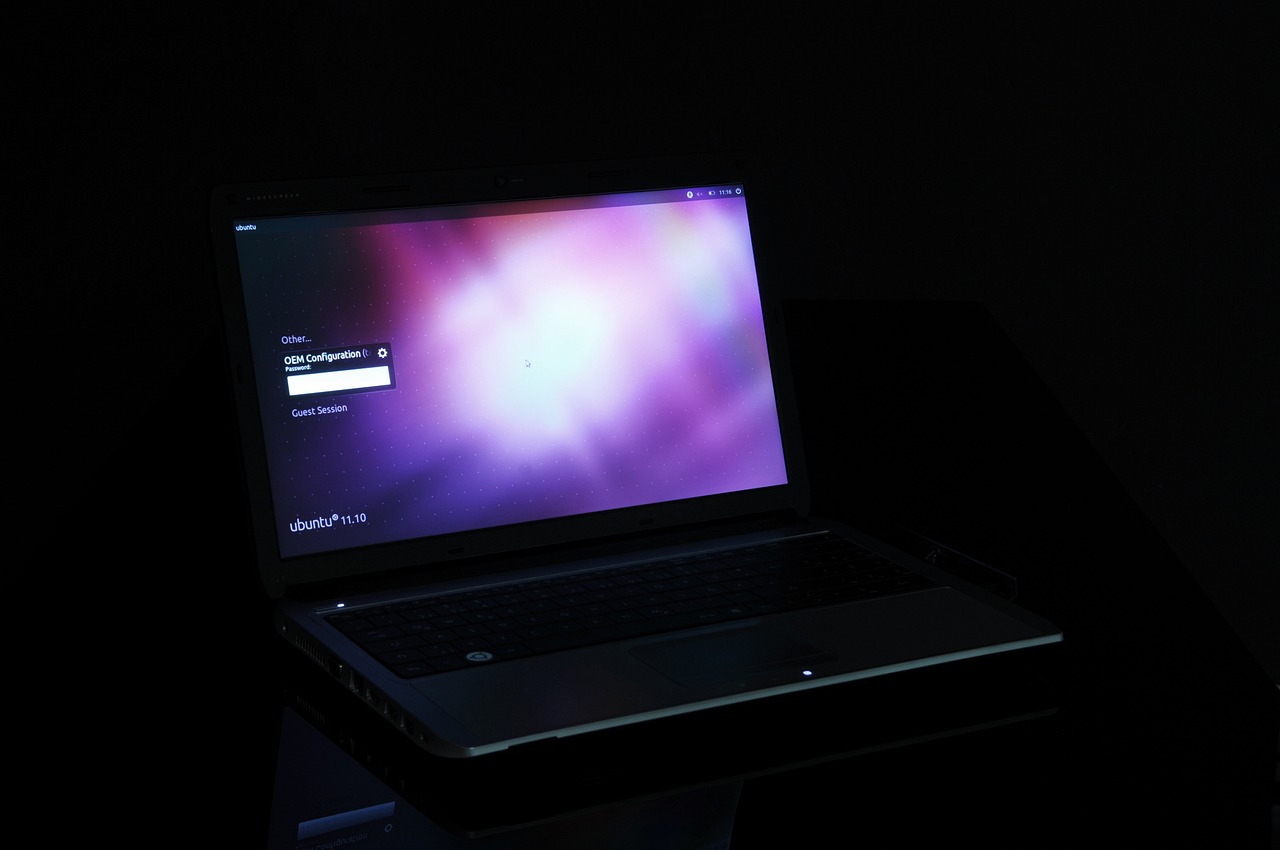When it comes to choosing an operating system, many users prefer Ubuntu, a popular and user-friendly Linux distribution. Ubuntu is known for its regular release cycle, which includes two versions each year. These versions are usually designated by the year and the month of their release. In this article, we’ll explore the key differences between Ubuntu 20.04 and Ubuntu 20.10, making it simpler for non-IT folks to understand what each version offers and how they differ.
Release Dates and Support
Ubuntu 20.04, also known as Focal Fossa, was released in April 2020. It’s a Long-Term Support (LTS) release, which means it’s supported with updates and security patches for five years, until April 2025. LTS versions are typically recommended for businesses and users who need stable and well-supported software environments.
On the other hand, Ubuntu 20.10, known as Groovy Gorilla, was released in October 2020. Unlike its predecessor, it’s a standard release and only supported for nine months until July 2021. Standard releases are often used by those who prefer to have the latest software and are willing to upgrade to a newer version about once every year.
New Features and Improvements
Ubuntu 20.04 brought several significant improvements and features:
- Updated GNOME 3.36: This version included a more polished user interface with a new lock screen and improved system performance.
- Linux Kernel 5.4: This kernel version added significant hardware support, including improvements for AMD Navi GPUs, new ARM SoCs, and more.
- Enhanced Security: 20.04 emphasized security with the inclusion of WireGuard (a virtual private network protocol) directly into the kernel.
- Snap Store: The Ubuntu Software store transitioned to using Snap by default, which aims to simplify software installation.
Ubuntu 20.10 continued building on these foundations with its own set of updates:
- Updated GNOME 3.38: This provided an even more refined user experience, with a rearranged application grid, new welcome tour, and additional performance tweaks.
- Linux Kernel 5.8: This update brought extended hardware support, including improvements to Intel and AMD processors, and better support for USB 4, among other updates.
- Advanced Desktop and Raspberry Pi Support: For the first time, Ubuntu 20.10 offered full desktop images for the Raspberry Pi 4 model, catering to the hobbyist and educational market.
Who Should Use Which?
- Ubuntu 20.04: If stability and long-term support are crucial for your work or business, Ubuntu 20.04 is the ideal choice. It’s perfect for users who don’t want to upgrade their system frequently.
- Ubuntu 20.10: If you enjoy using the latest software and your work can benefit from the newest features and improvements, then Ubuntu 20.10 is more suitable. It’s also great for personal use by Linux enthusiasts who are comfortable with more frequent upgrades.
Conclusion
The choice between Ubuntu 20.04 and 20.10 largely depends on your needs for stability versus having the latest features. Ubuntu 20.04 offers a more consistent and secure environment with years of support, making it a safe bet for professional environments. Ubuntu 20.10, while shorter-lived, provides a taste of the latest developments in Ubuntu’s offering, appealing more to personal use and tech enthusiasts.
Whether you’re setting up a server, a workstation, or just a personal computer, understanding these differences can help you make a better-informed decision on which version of Ubuntu is right for you.

